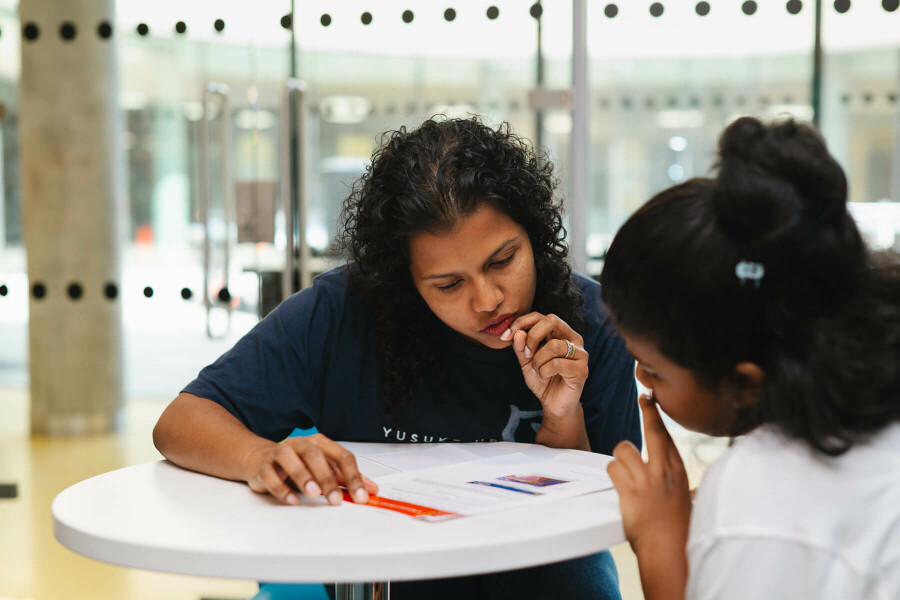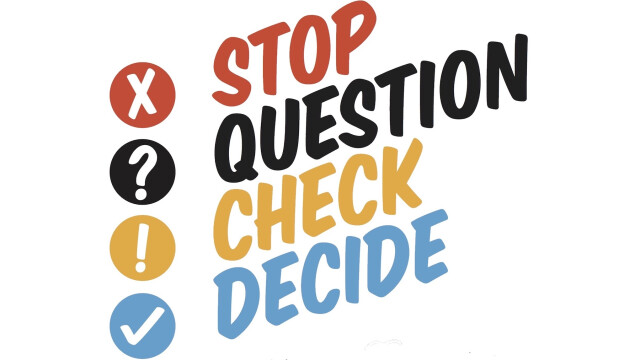

In the classroom, agree, reinforce and model ‘ground rules’, including concepts of confidentiality. Examples of ground rules might include asking pupils to listen to each other and work together with respect, take a non-judgemental approach to different points of view, carefully consider their use of language and not share personal stories without permission.
Choose real news stories carefully. Avoid the use of images that may cause shock, fear or guilt, emotions which can potentially prevent engagement, cause distress, or traumatise children. Consider especially any relevant sensitivity or prior knowledge about specific children's circumstances.
Use distancing techniques when exploring sensitive or controversial issues. In other words, create a character or scenario of the situation that children can relate to, rather than asking them ‘how they would feel’ or ‘what they would do’. This helps children to explore situations objectively, while having the opportunity to reflect on how it might relate to their own lives, without the need to disclose personal information in front of their peers.
Questions should be encouraged and valued, but ensure you handle questions safely. One way of doing this in the classroom is to ask pupils to write down questions they have at any time, which you can then collect using an anonymous question box. This gives you an opportunity to plan your responses to more challenging questions should they arise.
Ensure that you balance one-sided news stories by providing children with realistic and relevant information that reinforces positive social norms.
Signpost platforms for support and advice if children have further questions or worries. Children should feel confident that they know what to do to help themselves or others, as well as how to report concerns.

Stop before believing or resharing something
Question where it’s come from
Check if anyone else is reporting the same information
Decide if it is trustworthy
